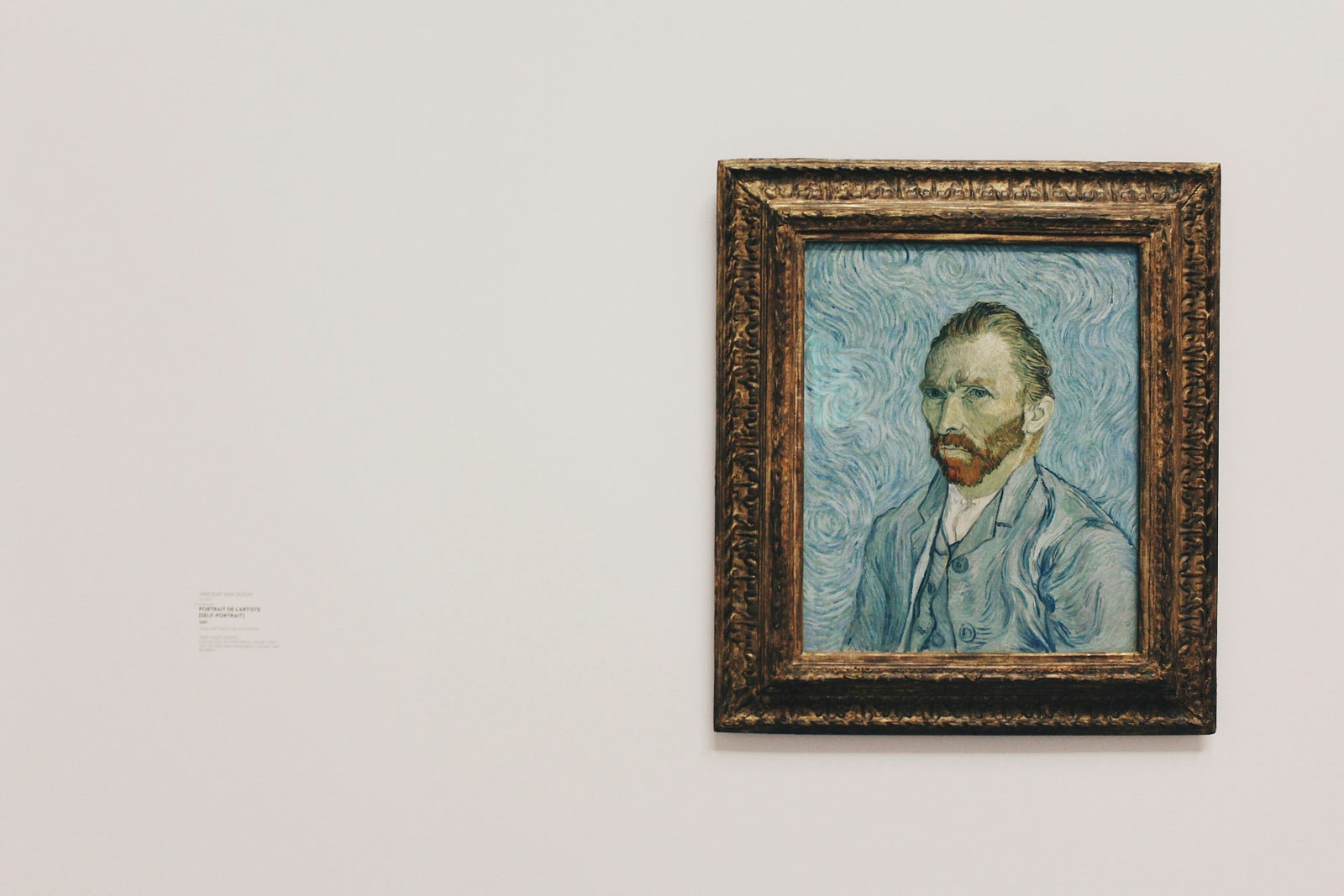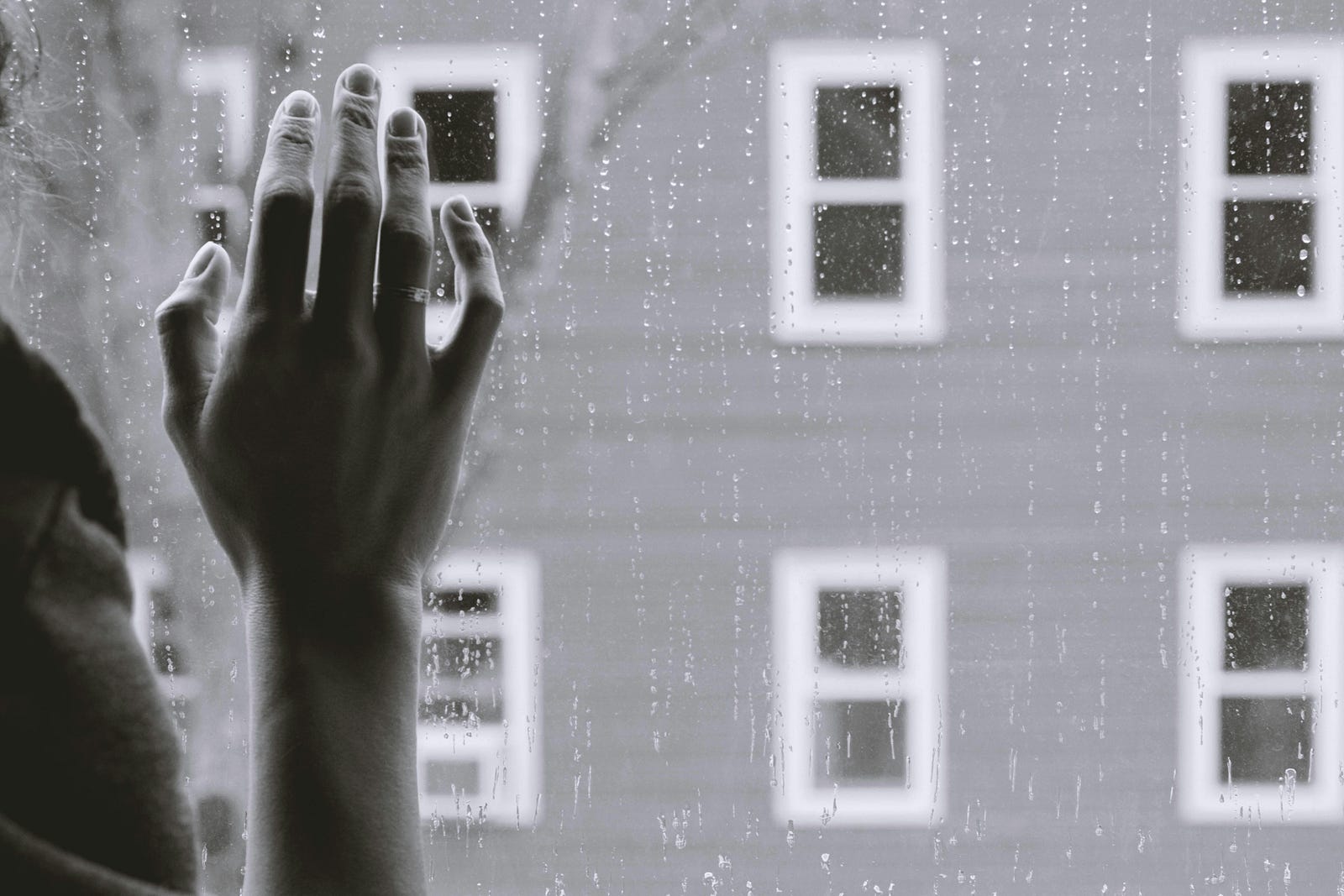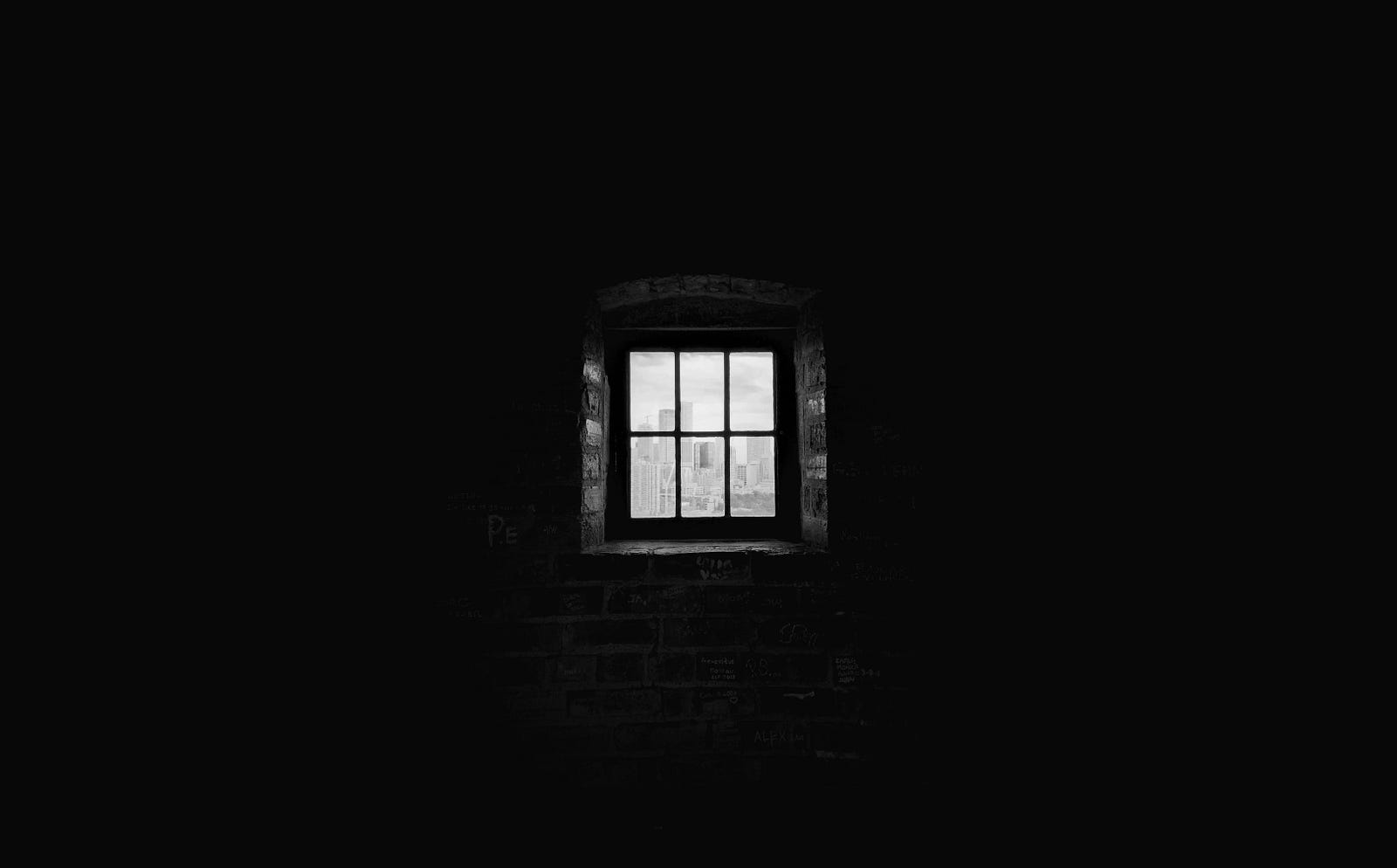Today’s topic? 6 unique depression subtypes. For centuries, depression has been shrouded in a veil of mystery. We’ve seen its grip on countless historical figures, from the melancholic artist Vincent van Gogh to the brilliant writer Virginia Woolf.
Before we discuss new research identifying six depression “biotypes,” I want to share some interesting findings about Van Gogh.
Van Gogh’s tragic story exemplifies the devastating impact of mental illness.

Van Gogh and Mental Illness
In a heartbreaking turn of events, Vincent van Gogh died from a self-inflicted gunshot wound in 1890 at the young age of 37.
While the exact cause of his struggles remains unclear, a critical period in his life involved self-harm and multiple hospitalizations.
Experts believe he likely had bipolar disorder, characterized by extreme mood swings, combined with borderline personality disorder, leading to intense emotions and unstable relationships.
These underlying vulnerabilities were likely exacerbated by factors like alcohol abuse and malnutrition, culminating in a mental breakdown where he famously cut off his ear.

The following period saw him experience withdrawal symptoms from alcohol, potentially leading to delirium.
He may have also suffered from severe depression, with at least one episode involving psychosis (a disconnect from reality).
Sadly, these struggles continued, ultimately contributing to his tragic suicide.
Additionally, temporal lobe epilepsy remains a possibility, potentially adding another layer to his mental health challenges.
Today’s Focus: 6 Unique Depression Subtypes
Van Gogh’s story highlights the complexities of mental illness.
While we can’t definitively diagnose him posthumously, recent advancements in brain imaging and AI offer new hope for understanding these conditions and providing better support for those struggling today.

Diagnosing historical figures with mental illness is complex.
However, the recent discovery of six depression biotypes using brain imaging and AI offers a powerful new tool for understanding this condition.
6 Unique Depression Subtypes: A New Study
Today, a close friend of mine battles the invisible monster of depression, its daily impact a constant reminder of the condition’s complexity.
I have learned that, traditionally, depression has been treated with a one-size-fits-all approach.
However, a groundbreaking new study is revolutionizing our understanding of this condition.
Researchers wielding the power of brain imaging and artificial intelligence have identified six distinct “biotypes” of depression and anxiety.
In this article, we’ll delve deeper into this groundbreaking research.
We’ll explore the six identified biotypes, their potential causes, and how they might influence treatment decisions.

6 Unique Depression Subtypes: Study Details
Stanford University (USA) researchers used fancy brain scans (functional MRI) and artificial intelligence to identify different patterns of depression and anxiety in people’s brains.
The study looked at how different parts of the brains of people with depression and anxiety worked together during rest and while doing tasks.
They found that these brain activity patterns fell into six distinct groups.
6 Unique Depression Subtypes: An Orchestra Analogy
Here’s a simpler way to think about it: Imagine your brain is an orchestra. In a healthy brain, all the instruments work together in harmony.
Depression and anxiety can disrupt this harmony, but it doesn’t affect everyone the same way.
This study found six ways this “disruption” can happen in the brain.
Implications of Understanding Depression Subtypes
This research is still in progress, but it has the potential to revolutionize how we treat depression and anxiety.

The exciting discovery of six depression patterns paves the way for a future of personalized treatment, offering renewed hope for millions struggling with these debilitating illnesses.
This personalized approach could be a game-changer, offering individuals like my friend and countless others a path toward a brighter, healthier future.
Depressed?
If you need help with depression, your primary care provider is often a good place to turn.
They can guide you to a qualified mental health professional (a psychologist, psychiatrist, or clinical social worker) who can help you determine the next steps.
Here are some tips for discussing your mental health with a healthcare provider.
Tips for Talking With a Health Care Provider About Your Mental Health
This fact sheet provides five tips to help prepare and guide you on how to talk to a health care provider about your…www.nimh.nih.gov
The National Institute of Mental Health (NIMH) website offers additional information about getting help.
Most individuals gradually begin to feel better with treatment.
Lifestyle and Depression
The NIMH offers additional guidance:
- Try to get physical activity. As little as 30 minutes of daily walking may boost your mood.
- Try to maintain a regular bedtime and wake-up time.
- Eat regular, healthy meals.
- Break up large tasks into small ones, doing what you can as you can. Decide what must be done and what can wait.
- Try to connect with people. Chat with folks you trust about how you are feeling.
- Delay making important decisions (for example, changing jobs) until you feel better. Discuss decisions with trusted people.
- Don’t use nicotine, alcohol, or drugs (including medications not prescribed for you).
Personalized brain circuit scores identify clinically distinct biotypes in depression and anxiety …
www.nature.com.
Thank you for reading “6 Unique Depression Subtypes.” Have you ever had depression? If so, what management approach provided symptom relief? ONE MORE THING: PLEASE SIGN UP TO FOLLOW THIS BLOG!




